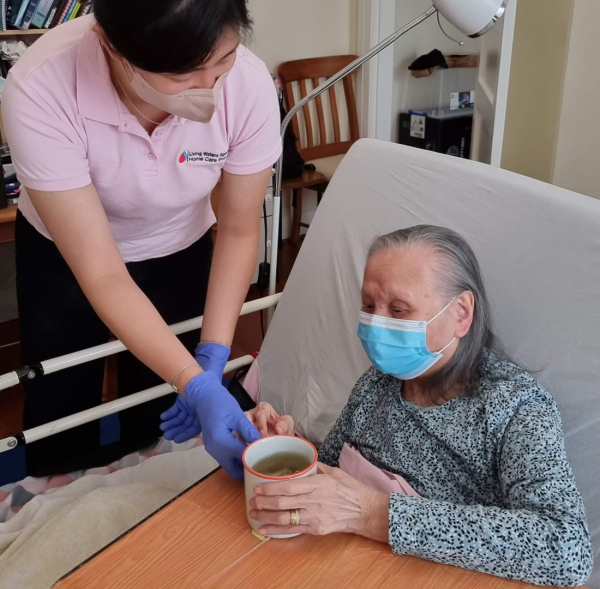Overmedication for Seniors
With aging comes higher chances of getting chronic illnesses, and with more health problems comes more prescribed medications to take regularly. According to the Centers for Disease Control and Prevention, about a third of adults in their 60s and 70s use five or more prescription drugs.
Polypharmacy, using multiple prescription drugs, needs to be monitored. Though the definition of polypharmacy may vary among doctors and groups, it is recognised that regular intake of multiple medications puts a person at higher risk of overmedication and negative drug side effects.
Polypharmacy affects seniors differently than younger people. For example, the body composition of a 60-year-old can be different to another person’s who is 30, and they may process medications differently. Risks of polypharmacy in older adults include:
🔸Drug-drug interactions, where one medication affects another
🔸Drug-disease interactions, where a medication for one illness makes another health problem worse
🔸Oversedation
🔸Dizziness and loss of balance
To avoid overmedication, you need to monitor your and your senior’s prescriptions and other supplements regularly taken. Here are 7 tips to managing polypharmacy that can prevent overmedication in seniors:
1. Ask before taking any supplementary pills
- Always check with your doctor or pharmacist before taking any over-the-counter vitamins or supplements, as they may interact with your regular medications.
2. Keep it updated
- Make sure you keep an updated list of all the medications you or your older adult takes, like its name, doses, and time of intake. This record should also include any health supplements or remedies regularly taken. Give a copy of the updated list to the doctor or caregivers so they can correctly guide and manage your medications.
3. Ask questions and understand how it works
- Have a curious mind and ask questions whenever a new medication is prescribed or the dosage is changed. This can help you understand your illness and your body. Some example questions include:
🔸Why are we changing the medication or dosage?
🔸How does it work?
🔸What improvements should I be expecting?
🔸What side effects should I watch for?
🔸When and how should I take the medication?
🔸What to do if a dose is missed?
4. Organise your medications
- Use pill organiser or labels to organise your medication. This can help you keep track of your medications.
5. Follow directions of the doctor
- Be sure to take the medicines exactly as advised by the doctor, so a more precise and accurate medication review can take place.
6. Report problems
- If any negative reactions or new health problems are noticed after starting a new medication, it needs to be reported to the doctor immediately. If the reaction is severe and causes a life-threatening issue like difficulty in breathing, call 000 and take the senior to the emergency department right away.
7. Take good care of your medicines
- It is easy to oversee the importance of storing medicines. Mostly, medicines must be kept in cool, dry places. But depending on the type of medication, advised storage instructions can be different. Make sure to ask the pharmacists on how to store it properly.
Also, check the expiry date and do not take medication that has passed its expiration date.

Managing polypharmacy is a highly individualised process that calls for careful monitoring and candid conversation. At Living Waters, caregivers, our own registered nurses and allied health professionals work as a team to provide personalised care that is best suited for the client.
If you would like to know how it all works, feel free to contact us.

